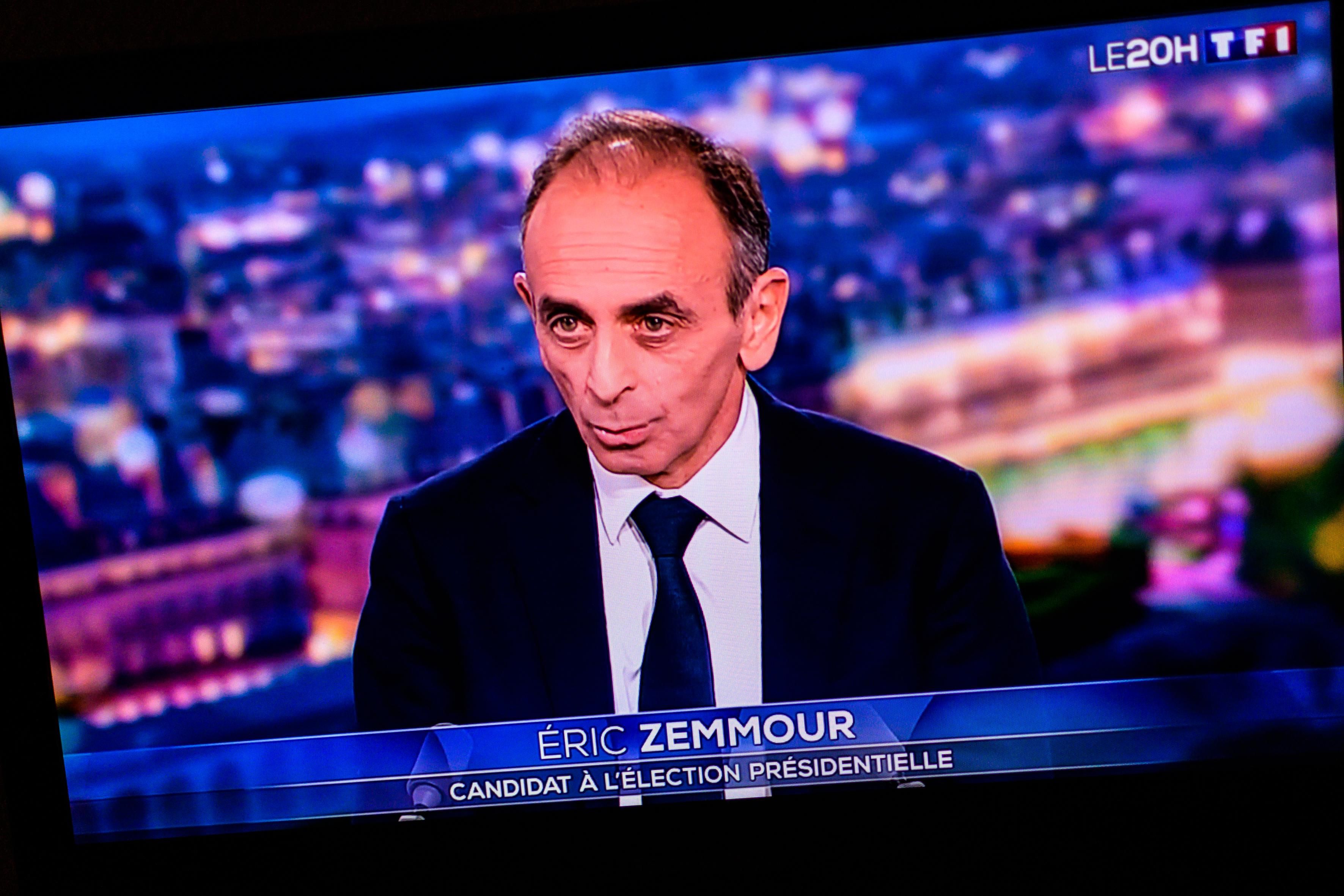November 30, 2021
Zemmour for president. After months of rising in opinion polls, far-right French polemicist Erich Zemmour has made it official: he’s running in next year’s French presidential election. Zemmour, who blames Muslims, liberals, elites, and the EU for what he sees as the decline and emasculation of France, says he is running in order to “prevent our children and our grandchildren from experiencing barbarity.” Could he win? Never say jamais these days, particularly as Zemmour has something of Donald Trump’s provocative star power and media savvy.Still, most polls show that while he could reach a second-round runoff against current President Emmanuel Macron, he would then lose decisively as moderates from across the political spectrum unite behind the incumbent. The more immediate political problem is for far-right stalwart Marine Le Pen who, in trying to broaden her appeal beyond the far right, now finds herself outflanked by the more unapologetically extreme Zemmour.
Bell tolls for Bong in the Philippines. Senator Christopher “Bong” Go, President Rodrigo Duterte’s preferred successor, has dropped out of next year’s presidential race, citing pressure from his family. That means Duterte, who is legally limited to just one term, can now give his (valuable) endorsement to someone else. As things stand, Ferdinand “Bongbong” Marcos Jr — son of the dictator who ran the country until the mid 1980s — is still the clear frontrunner, thanks to his name recognition and strong political alliances in vote-rich regions of the country. But current vice president Leni Robredo is gaining traction, and there is still an outside shot that world-famous boxer Manny Pacquiao, now a senator, could land a punch or two of his own ahead of the vote next May. Duterte’s endorsement could give either of those challengers a big boost, but he’s currently not on great terms with either of them.
In Turkey, prices rise and anger grows. Turkey’s President Recep Tayyip Erdogan, like all world leaders, wants a strong economy that can boost his popularity. But Erdogan, unlike other leaders, directly intervenes in the operations of his country’s central bank. By keeping interest rates low, he encourages borrowing that can help boost economic growth. But the constant surge of money into the marketplace also fuels inflation. That’s now happening once again in Turkey, and many consumers are furious. The Turkish lira has lost more than 45 percent of its value this year, and nearly 20 percent just in the past week. Protests are popping up around the country, and police arrested more than 70 protesters in Istanbul last week. Opposition parties are calling for early elections and hoping to organize mass demonstrations. If the unrest grows, Erdogan could declare a state of emergency and grant himself powers more sweeping than those he already has. Turkey looks to be headed for a rough new year.
More For You
A photograph posted by U.S. President Donald Trump on his Truth Social account shows him sitting next to CIA Director John Ratcliffe as they watch the U.S. military operation in Venezuela from Trump's Mar a Lago resort, in Palm Beach, Florida, U.S., January 3, 2026.
@realDonaldTrump/Handout via REUTERS
Most Popular
- YouTube
In this "ask ian," Ian Bremmer analyzes Trump’s recent meeting with Zelensky and how close (or far) Russia and Ukraine are from a peace deal.
Syrian President Ahmed al-Sharaa attends the military parade of the Syrian army in Umayyad Square in central Damascus to mark the one-year anniversary of the fall of the Assad regime, on Dec. 8, 2025.
Mohammed Al-Rifai/dpa via Reuters Connect
A year ago this month, Syria’s brutal dictatorship collapsed. There are signs of recovery, but sectarian violence threatens to undermine the optimism.
© 2025 GZERO Media. All Rights Reserved | A Eurasia Group media company.
